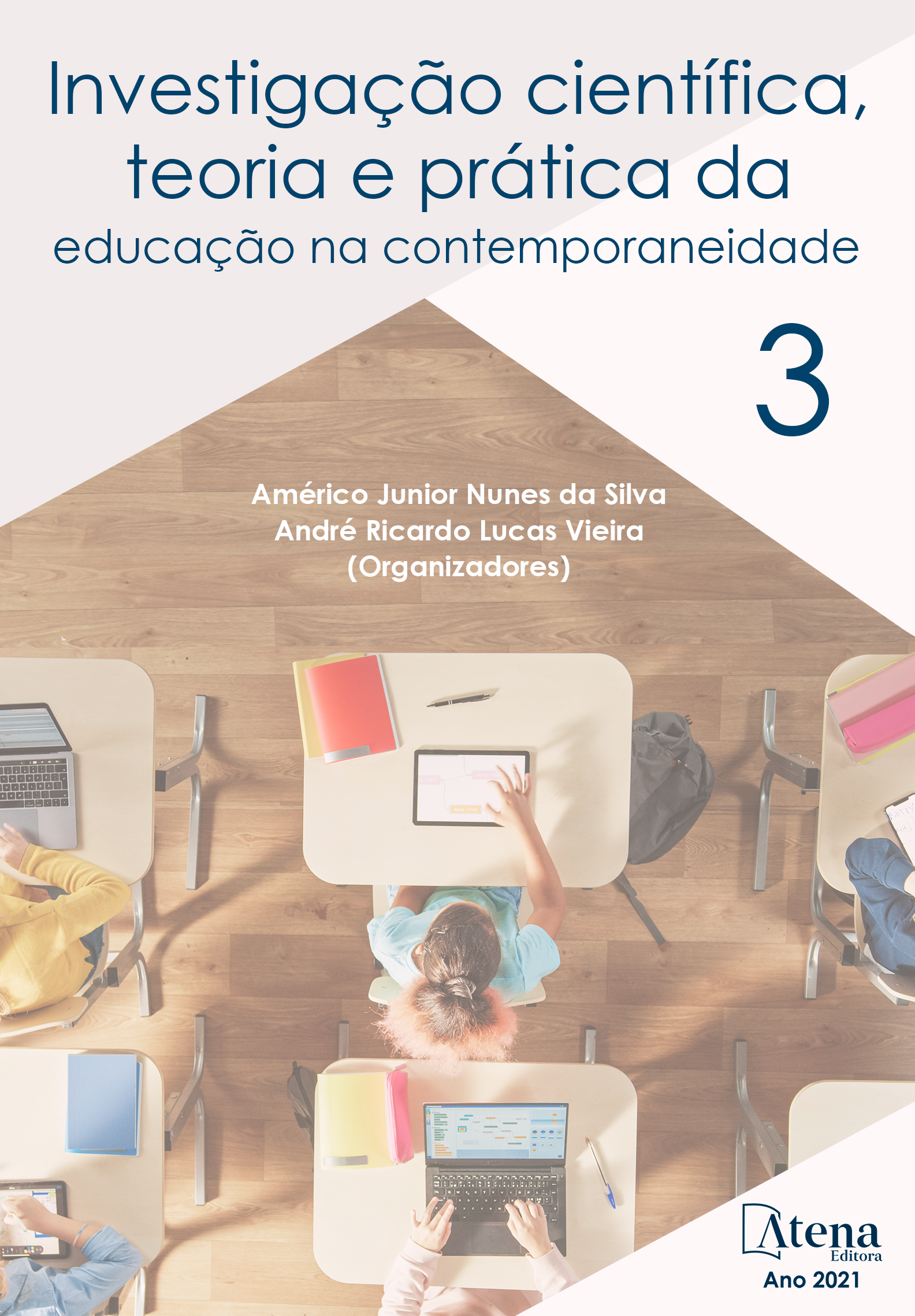
A ALFABETIZAÇÃO CIENTÍFICA E TECNOLÓGICA: UM OLHAR REFLEXIVO SOBRE A AÇÃO DA ESCOLA E A NECESSIDADE DE UMA FORMAÇÃO CRÍTICA DO CIDADÃO
A forma como a escola tem lidado com a Alfabetização Científica e Tecnológica na contemporaneidade é uma questão que merece destaque aos educadores. É essencial investigar como professores e professoras tem propiciado o ensino científico e tecnológico em suas aulas, a efetividade desta modalidade de ensino contribui de forma significativa para o desenvolvimento crítico do corpo discente através do ensino de ciências. O presente estudo teve como base metodológica de elaboração dois aspetos fundamentais: o primeiro refere-se a abordagem qualitativa cuja construção utilizou autores como Moreira (2011) e Ludk e Menga (2012), o segundo aspecto constitui-se pela pesquisa bibliográfica, tendo como base o pensamento de Severino (2007). Quanto a sua base teórica dialogamos com autores do campo de discussão, a destacar Auler (2003); Sasseron e Carvalho (2008); Chassot (2002). Compreender a necessidade de uma alfabetização eficaz significa dizer que a humanidade evolui num movimento constante, impondo a todos os atores sociais a compreensão de que o conhecimento Científico e Tecnológico está interligado com o pleno desenvolvimento da sociedade, firmando um movimento contínuo e atemporal. Portanto, a escola possui uma função primordial nesse cenário, sem perder de vista a formação de professores, pois ela tem a oportunidade de capacitar seus alunos para a construção de um pensamento crítico e solidário. Entretanto, é importante salientar que a construção de uma educação emancipatória prescinde de investimentos consideráveis na formação de professores, pois, para garantir uma prática inovadora, onde docentes estejam aptos a acompanhar as vicissitudes da sociedade globalizada, faz-se necessário investimento econômico e social de forma considerável.
A ALFABETIZAÇÃO CIENTÍFICA E TECNOLÓGICA: UM OLHAR REFLEXIVO SOBRE A AÇÃO DA ESCOLA E A NECESSIDADE DE UMA FORMAÇÃO CRÍTICA DO CIDADÃO
-
DOI: 10.22533/at.ed.78621131211
-
Palavras-chave: Alfabetização Científica e Tecnológica. Formação Crítica. Ensino de Ciências.
-
Keywords: Scientific and Technological Literacy. Critical Training. Science teaching.
-
Abstract:
The way in which the school has dealt with Scientific and Technological Literacy in contemporary times is an issue that deserves to be highlighted by educators. It is essential to investigate how teachers have provided scientific and technological education in their classes, the effectiveness of this teaching modality contributes significantly to the critical development of the student body through science education. This study was methodologically based on two fundamental aspects: the first one refers to the qualitative approach whose construction used authors such as Moreira (2011) and Ludk and Menga (2012), the second aspect is constituted by the bibliographical research, having as based on the thought of Severino (2007). As for its theoretical basis, we dialogued with authors from the discussion field, mainly refering to Auler (2003); Sasseron and Carvalho (2008); Chassot (2002). To understand the need for effective literacy means saying that humanity evolves in a constant movement, imposing on all social actors the understanding that Scientific and Technological knowledge is interconnected with the full development of society, establishing a continuous and timeless movement. Therefore, the school has a primary role in this scenario, without losing sight of teacher training, as it has the opportunity to train its students to build critical and solidary thinking. However, it is important to point out that the construction of an emancipatory education does not require meaningful investments in teacher training, as, to ensure an innovative practice, where teachers are able to follow the vicissitudes of a globalized society, economic and social investment of a meaningful shape.
-
Número de páginas: 19
- JACQUELINE SILVA DA SILVA
- LINDOMAR PEREIRA DE SOUZA


